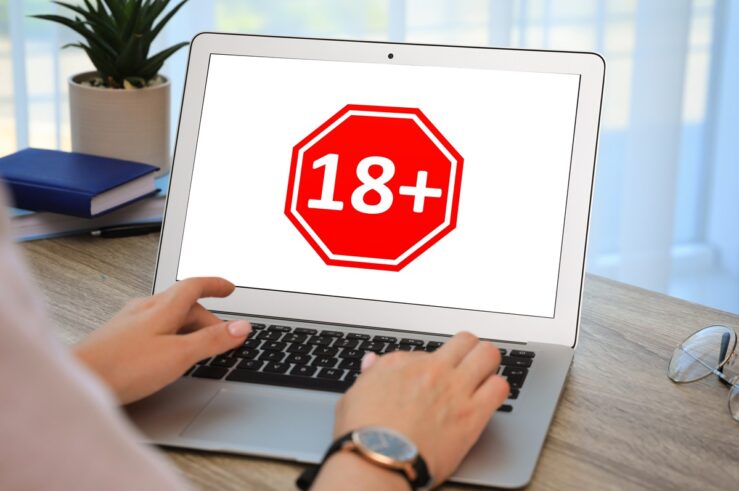Washington voters took a big step in yesterday’s election and approved an initiative, known as I-1183, to privatize state liquor sales. Privatization of alcohol sales has been an issue I’ve tracked here at TOTM (see e.g., here). Many states strictly regulate liquor sales through state ownership of liquor stores and required distribution through wholesalers. These restrictions are frequently described as “wholesale monopoly laws” for that reason. These distribution schemes have been in place since Prohibition ended in 1933, and wholesalers have effectively lobbied state legislatures to secure and maintain monopoly power over liquor distribution. State laws were often promulgated with the stated purpose of reducing alcohol’s social harms; however, as James Cooper and I have found in recent research, the negative competitive effects of these laws mostly result in a wealth transfer from consumers to wholesalers with little or none in the way of offsetting social benefits from reducing the harms associated with alcohol consumption.
Costco and other large retailers backed an initiative similar to I-1183 last year, but a coalition of citizens’ groups – funded by beer and wine wholesalers – were able to convince voters to defeat the initiative. This year the players were the same, but the outcome was drastically different. A Seattle Times article explains that this year’s:
“campaign was a battle of corporate interests, with Costco contributing the vast majority of the money for the pro-1183 campaign. . . . The coalition against I-1183 was financed mostly by wine and liquor distributors, who fear that liquor and wine deregulation in the measure will spread to other states.”
Costco contributed a record-breaking $22.5 million to the I-1183 campaign. The article continues:
Tom Geiger, communication director for the union representing more than 700 workers in state-run liquor stores, said he thought the results raised questions about democracy itself. “If a private company decides to spend tens of millions of dollars to pass a new law, to buy an election, can they do it?” Geiger asked. The results in this case, he said, suggest they can.
What an odd objection given the history of state alcohol regulation. I guess the alternative would have been for Costco and other large retailers to influence a policy change by buying the legislature? But wholesalers have a long history of superiority on that front. It doesn’t seem too objectionable that, compared to rent-seeking legislation in favor of wholesalers at the expense of consumers, Costco and others took action in their own-self interest to influence citizens that these reforms would make them better off as well.




